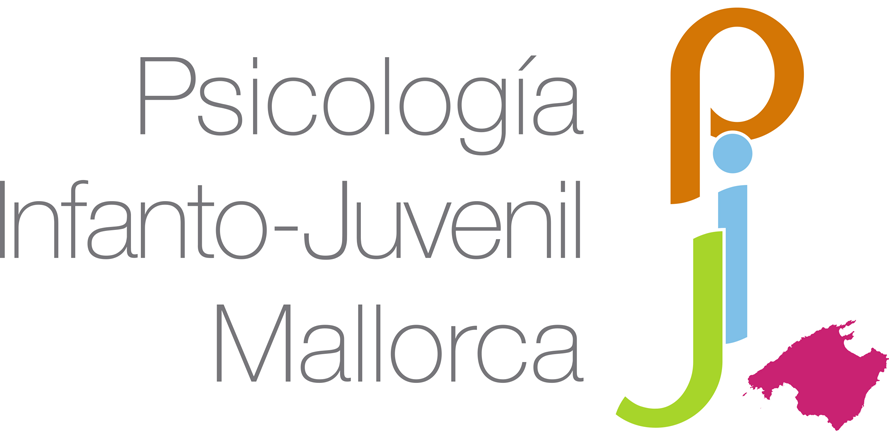
Why do family conflicts arise?
Family conflicts can arise for many reasons, often linked to everyday routines at home and the individual challenges each family member faces. Frequently, differences in values, expectations, or parenting styles between parents create tension that, if not properly addressed, can escalate into arguments or resentment. External stressors —like work pressure, financial concerns, lack of quality time, or overwhelming responsibilities— can also increase irritability and reduce patience.
Additionally, major family changes —such as a move, a separation, the arrival of a new child, or a child’s adolescence— can temporarily disrupt the emotional balance of the home. Poor communication, misunderstandings, and lack of active listening also contribute: when emotions aren’t expressed in a healthy way, they build up and eventually explode into conflict.
It’s important to understand that these tensions are not signs of failure, but signs that something needs attention, adjustment, or understanding. Approaching them with empathy and openness can be the first step toward strengthening family bonds.
How is it addressed in therapy?
In these situations, we work from a therapeutic approach that sees the family as a system in which each member influences the others. Instead of focusing solely on one individual and their symptoms, this kind of therapy explores relational patterns, communication styles, and the roles each person plays within the family unit.
From this systemic therapy perspective, family conflicts are not viewed as “one person’s problem,” but rather as manifestations of imbalances or tensions within the entire system. For instance, if a teenager shows challenging behavior, systemic therapy wouldn’t just aim to change their actions, but would explore how parental relationships, authority structures, communication channels, or even past experiences are affecting the current dynamic.
This approach helps parents see that conflicts are not personal failings, but signs that the system needs a shift. Systemic therapy also encourages shared responsibility: it’s not about blaming anyone, but about helping each member recognize their role and collaborate in creating a healthier environment.
So where can you start? Tools for parents
Raising children in an environment of respect, love, and understanding doesn’t mean avoiding all conflicts — it means learning to handle them constructively.
A core skill is assertive communication, which involves expressing thoughts and emotions clearly but respectfully. For example, saying “I feel worried when you don’t let me know you’ll be late” is more effective than “You never tell me anything.” This type of communication reduces defensiveness and opens space for dialogue.
Active listening is equally essential: paying attention without interrupting, and validating the other person’s feelings, helps family members feel understood and valued. Sometimes, children don’t need solutions — they just need to be heard.
Another valuable tool is setting clear and consistent boundaries. Rules should not feel like punishments, but agreements that bring structure and security. When children understand expectations and consequences, and when these are applied with respect and consistency, the family environment becomes more stable.
It’s also vital to make room for quality time together. Simple shared moments —like meals, walks, or bedtime talks— help strengthen emotional bonds and make it easier to handle conflict from a place of connection.
Finally, parents need to manage their own emotions. It’s natural to feel tired or stressed, but the way adults handle those feelings teaches children how to manage their own. Modeling calm, taking a moment before reacting, or apologizing when needed is not a sign of weakness, but of emotional maturity.
In short, parenting with intention, empathy, and consistency creates a home where everyone feels safe, respected, and loved. It’s not about doing it perfectly, but about doing it consciously.
If you feel like conflicts keep repeating at home, If family life feels tense, or you simply want to build stronger connections and parent from a more conscious, loving place — we’re here to support you.
In therapy, we’ll work together to understand what’s happening in your family and how to turn this discomfort into a real opportunity for growth.
Arancha Lorente
Psychologist B-03674








